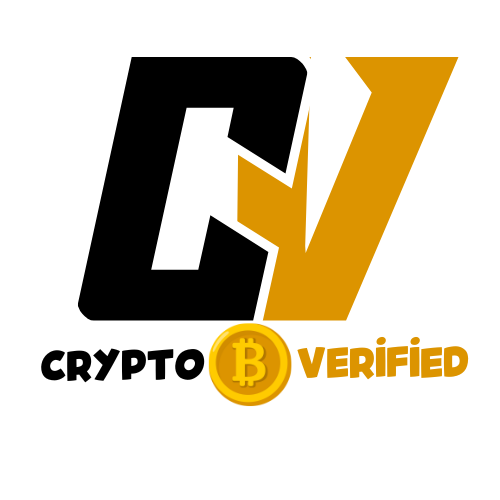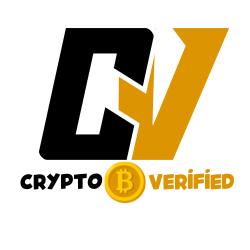If you’ve ever borrowed money from a loan app in Nigeria and faced harassment, threats, or embarrassment, you’re not alone. But here’s what most people don’t realize:
Not all loan apps are legal.
Some are approved by regulators like the Central Bank of Nigeria (CBN) or the Federal Competition and Consumer Protection Commission (FCCPC).
Others? They’re nothing more than digital loan sharks—unregistered, unregulated, and dangerous.
This post will help you:
- Check if a loan app is licensed or fake
- Understand the difference between CBN and FCCPC approval
- Know why licensing matters for your safety
- Protect yourself before downloading any loan app
✅ Why It Matters: The Difference Between Legal and Illegal Apps
Licensed loan apps follow rules.
Fake ones? They break them.
| Licensed Apps | Illegal/Fake Apps |
|---|---|
| CBN or FCCPC-approved | No registration or regulatory oversight |
| Clear loan terms | Hidden charges & unrealistic interest |
| Reasonable repayment duration | 7-day repayment traps |
| No contact with your friends/family | Harass your contacts without consent |
| No threats or public shaming | Daily threats, defamation, and fear tactics |
Want to see examples of these harassing apps?
👉 Complete List of Aggressive Loan Apps in Nigeria (Updated Monthly)
🏛️ Two Regulators You Need to Know
1. Central Bank of Nigeria (CBN)
CBN licenses financial institutions and digital lenders with strict requirements.
2. FCCPC (Federal Competition & Consumer Protection Commission)
FCCPC oversees consumer protection and has published a list of approved digital lenders in Nigeria.
✅ Check CBN-licensed lenders:
https://www.cbn.gov.ng/supervision/finstitutions.asp
✅ Check FCCPC-approved digital lenders:
https://fccpc.gov.ng
🔍 How to Check If a Loan App Is Legal
- Visit the CBN or FCCPC website
Use the links above to cross-check the name of any loan app. - Search the Play Store publisher
Legal apps are published by registered financial institutions.
Suspicious apps often have no website, no terms, and no traceable company. - Look for a real website and address
Licensed apps will have a website with customer care, terms of service, and clear loan policies. - Read user reviews carefully
If you see multiple users reporting contact harassment or fake police threats, stay away.
👉 Want to avoid harassment altogether?
👉 What Loan Apps Can and Can’t Do in Nigeria
🚩 Red Flags That an App Is Illegal or Fake
- Asks for full phone permissions (contacts, call logs, SMS) without explanation
- Offers loans with 7-day repayment
- Sends WhatsApp threats to you or your contacts
- Claims they’ve “filed with EFCC” or police
- Issues fake arrest warnings or defamation flyers
- No regulatory disclosure or company registration info
If you’re already receiving these kinds of threats:
👉 Can Loan Apps Arrest or Jail You in Nigeria?
🧘♂️ Why You Should Only Use Licensed Apps
When you use licensed digital lenders, you get:
- Peace of mind
- Legal protection
- No harassment
- Structured repayment plans
- Access to real credit reports and responsible lending
If you’ve already been harassed or defamed, you don’t need to panic. You need a strategy to recover and move forward.
👉 How to Start Your Recovery Journey After Loan App Harassment (Upcoming Post)
📝 Summary: Licensed vs Fake Loan Apps
| Licensed | Fake | |
|---|---|---|
| Approved by CBN/FCCPC | ✅ Yes | ❌ No |
| Harasses your contacts | ❌ No | ✅ Yes |
| Can take you to court | ✅ Through legal means | ❌ Can’t sue you legally |
| Can arrest you | ❌ No | ❌ No (but will pretend they can) |
| Interest rates | ✅ Regulated | ❌ Often 5% daily or more |
🔐 Protect Yourself Before You Borrow
Before you download any loan app:
✅ Visit the FCCPC database
✅ Cross-check on the CBN site
✅ Read app reviews
✅ Avoid 7-day repayment schemes
✅ Don’t borrow out of panic

